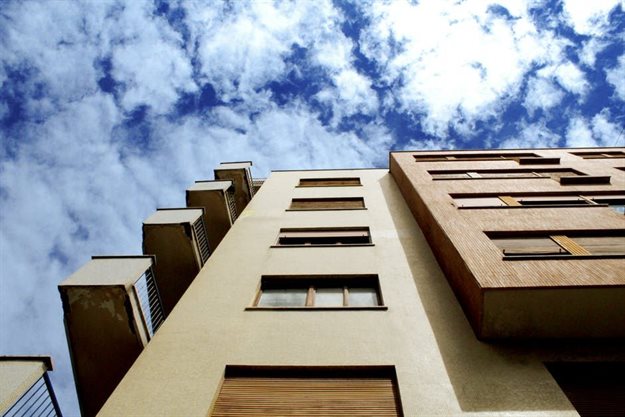
Subscribe & Follow
Advertise your job vacancies
PayProp notes massive jump in average rental arrears from March to April
According to the first PayProp Rental Index for 2020, during March 2020, just over 20% of tenants were in arrears, increasing to almost 24% in April. Johette Smuts, head of data and analytics at PayProp SA, says the average size of arrears jumped from 78% of monthly rent in March to a whopping 84% in April.

Image source: www.pexels.com
“While we have already seen an increase in both the percentage of tenants in arrears and arrears as a percentage of rent in April, we expect May and June to be even worse. This position and the debt recovery process will be influenced by the pandemic, the lockdown levels and their duration,” says Smuts.
In addition to the PayProp rental statistics, the company included the results of its first State of the Rental Industry survey, conducted at the end of 2019. Smuts says it is now clear that current financial trends already surfaced in that qualitative survey. For example, almost 70% of survey participants reported that arrears were a bigger problem at the end of 2019 than the previous year – and 51% had at least one tenant evicted during 2019.
“Tenants are battling with low income growth and a high level of unemployment, which has ultimately led to affordability challenges. This is made worse by high increases in living costs, such as petrol and medical care.”
Rental growth – the outlook from 2019
In the previous PayProp Rental Index, it was speculated that there might be a rebound in rental growth later in 2020. Sadly, the more likely scenario post-lockdown is that rental growth will be under continued pressure, as millions of South Africans are now expected to lose their jobs and earn a lower income. That being said, if consumers put off buying property due to increased uncertainty and a still weaker economy, increased demand for rental properties might cushion the blow.
Rental growth – Q1
Smuts says the approach in the current issue was to look at the first quarter’s monthly national rental growth rates (measured year-on-year) compared to the same metric in the previous year. A drop was evident in each of the three months of the first quarter of 2020, effectively trending downward from December 2019. Rental growth for March measured 2.9%, the lowest for the first quarter. At the same time, inflation measured 4.5%, 4.6% and 4.1% respectively, causing the differential between the inflation rate and rental growth rate to increase. This figure peaked at 1.4% in February.
The average national rent came in at R7,786 over the first quarter – up 3.2% year-on-year (YoY) from Q1 2019. This figure was at its second lowest since the start of 2018 and with the current market uncertainty, PayProp predicts lower growth rates over the coming months.
Provincial performance
Provincially, Western Cape rental properties again commanded the highest rents at an average of R9,171, but the province experienced the second-lowest YoY growth at just 1.56% (after Limpopo’s negative growth of 2.15%). The Free State returned the highest provincial rental growth at 5.95% YoY, down from 8.05% the quarter before. In the North West, tenants can still find the cheapest homes to rent at an average of R5,222, and the quarterly growth rate of 3.8% is a long way off the double digits (10.2%) measured just two quarters ago.
On the plus side, the Eastern Cape saw rents increase by 5.58% in Q1 – up from 5.23% in Q4 2019. Other provinces with higher growth rates versus Q4 2019 were Gauteng (4.11%, up from 3.66%), KwaZulu-Natal (3.33%, up from 2.14%) and the Northern Cape (3.63%, up from 1.57%).
“There is no doubt that Covid-19 has influenced our lives, livelihoods and the industry in a way that few of us could have imagined just a few months ago. The South African rental market has been hit hard and will most likely experience subdued growth for longer than previously expected,” says Smuts.
Read the full report, here.
Related
Landsdowne Property Group: The importance of a good credit score when renting 9 Oct 2024 Good news for agents as rental market rallies in second quarter 26 Aug 2024 The real cost of renting a home in South Africa 8 Aug 2024 SA rental market faces downturn 6 Jun 2024 Gauteng rental boom driven by affordability and urbanisation 12 Mar 2024 5 things keeping landlords and agents up at night 1 Feb 2024








